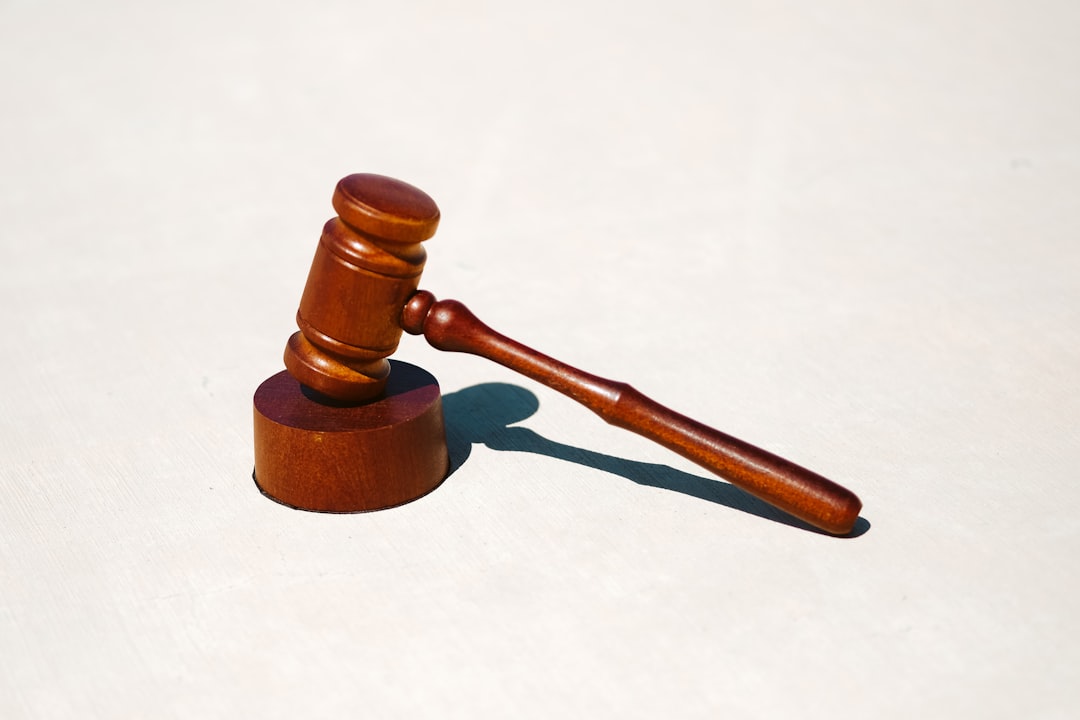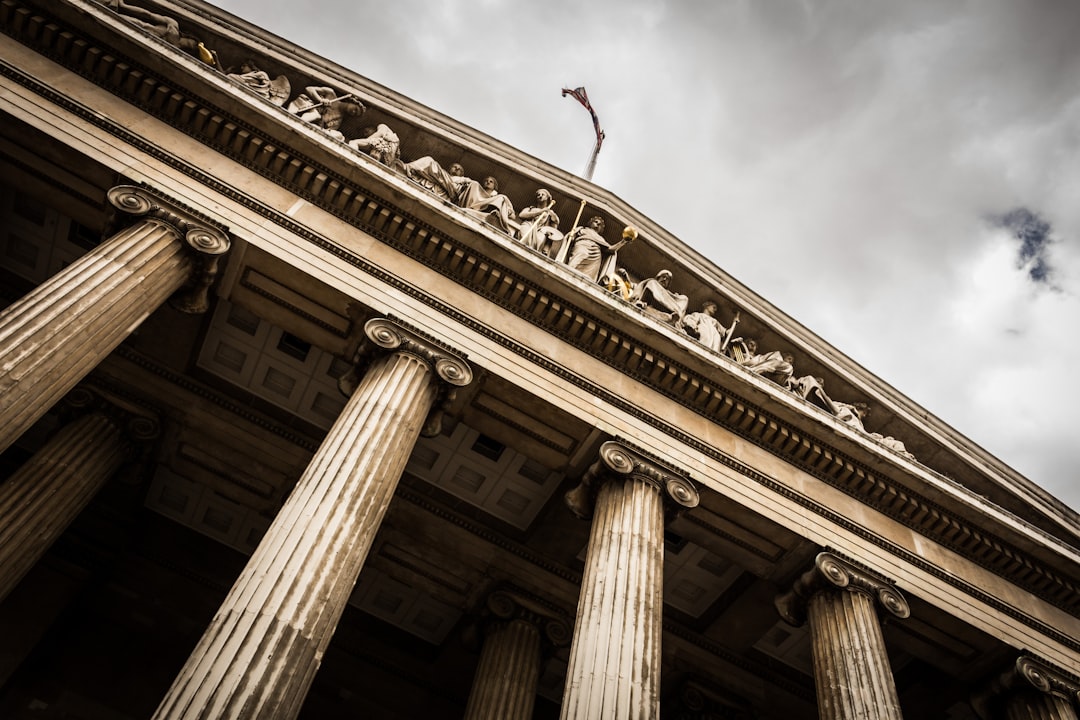Maryland's legal system addresses institutional child abuse in schools through stringent laws and trained child abuse attorneys. Staff members are mandated to report suspected abuse, with lawyers emphasizing immediate action for student safety. Schools conduct regular training and create safe spaces. Attorneys investigate allegations, represent victims' rights, collaborate with agencies, and advocate for transparent processes. Support services, including legal guidance and counseling, aid victims and families in healing and recovery.
In Maryland, addressing institutional child abuse within schools is a multi-faceted issue. This article explores the state’s comprehensive approach to protect minors, focusing on Maryland’s legal framework for child protection, reporting mechanisms in educational institutions, and the crucial role of child abuse attorneys. We delve into investigation procedures designed to ensure fair trials while highlighting support services available for victims and their families. Understanding these elements is essential for promoting safe learning environments.
Maryland's Legal Framework for Child Protection

Maryland has established a robust legal framework dedicated to the protection and well-being of children, particularly in addressing institutional child abuse within schools. The state’s laws emphasize early intervention, prevention, and thorough investigation of allegations to ensure safe learning environments. Child abuse attorneys Maryland play a pivotal role in navigating this intricate legal landscape, advocating for victims, and holding institutions accountable.
Key statutes govern the mandatory reporting of suspected abuse by school personnel, establishing clear protocols for disclosure and immediate action. These laws also protect whistle-blowers who report such incidents, fostering a culture of transparency. The Maryland legal system prioritizes the best interests of children, ensuring that perpetrators face consequences while providing support services to victims. This comprehensive approach underscores the state’s commitment to combating institutional child abuse effectively.
Reporting Mechanisms in Educational Institutions

In Maryland, reporting mechanisms for institutional child abuse within educational institutions are robust and mandated by law. All employees, including teachers, administrators, and support staff, are required to report suspected instances of child abuse or neglect to the appropriate authorities. This includes any form of physical, emotional, or sexual abuse that occurs on school premises or as a result of school-related activities. Child abuse attorneys in Maryland emphasize the importance of immediate reporting to protect vulnerable students and ensure swift intervention.
Educational institutions play a pivotal role in identifying and preventing child abuse through regular training sessions for staff. These sessions educate employees about recognizing the signs of abuse, understanding their legal obligations, and taking appropriate action. Moreover, schools often have designated safe spaces or individuals assigned to handle such cases confidentially, fostering an environment where students feel secure and encouraged to come forward if they experience or witness any form of mistreatment.
Roles and Responsibilities of Child Abuse Attorneys

In cases of institutional child abuse within schools in Maryland, child abuse attorneys play a pivotal role in ensuring justice and protection for affected students. These legal professionals are equipped to navigate complex laws and regulations surrounding child welfare and safety. They work tirelessly to uncover and expose instances where educational institutions have failed in their duty of care, resulting in physical, emotional, or psychological harm to children under their supervision.
Child abuse attorneys in Maryland are responsible for investigating allegations, gathering evidence, and representing the rights of victims. They collaborate with various agencies, including law enforcement, social services, and education departments, to ensure a comprehensive and coordinated response. Through strategic legal actions, these attorneys aim to hold accountable those who have committed abuse, be it teachers, administrators, or even schools themselves. Their expertise enables them to provide guidance, support, and advocacy for victims and their families, helping them navigate the legal process while pursuing compensation and preventative measures to prevent future occurrences of institutional child abuse.
Investigation Procedures: Ensuring Fair Trials

In cases of suspected institutional child abuse within schools in Maryland, a thorough and fair investigation is paramount. Child abuse attorneys in Maryland emphasize the importance of a structured process to ensure every student’s rights are protected. The initial step involves gathering all relevant information, including medical records, witness statements, and school documentation. This comprehensive approach enables investigators to piece together the events accurately.
A key aspect of a fair trial is impartiality. Maryland’s investigation procedures mandate that law enforcement or designated officials remain unbiased, allowing for an objective evaluation. Child abuse attorneys advocate for a transparent process where parents and guardians are actively involved, ensuring their input is considered without influencing the outcome. This meticulous handling of investigations sets Maryland apart in its commitment to justice for victims and due process for all parties involved.
Support Services for Victims and Families

In cases of institutional child abuse, victims and their families require comprehensive support services to navigate the legal process and heal from the trauma. Maryland offers a range of resources tailored to meet these needs. Child abuse attorneys in Maryland play a crucial role by providing expert legal guidance and representing victims’ interests. They help families understand their rights and options, ensuring they receive the justice and compensation they deserve.
Support services extend beyond legal representation. Local organizations and community groups offer counseling, therapy, and mentorship programs specifically designed for child abuse survivors and their loved ones. These initiatives foster a sense of safety and empowerment while promoting healing and personal growth. Additionally, Maryland’s social welfare agencies provide family support, including access to healthcare, education, and financial assistance, to help families rebuild their lives after an institutional child abuse incident.






